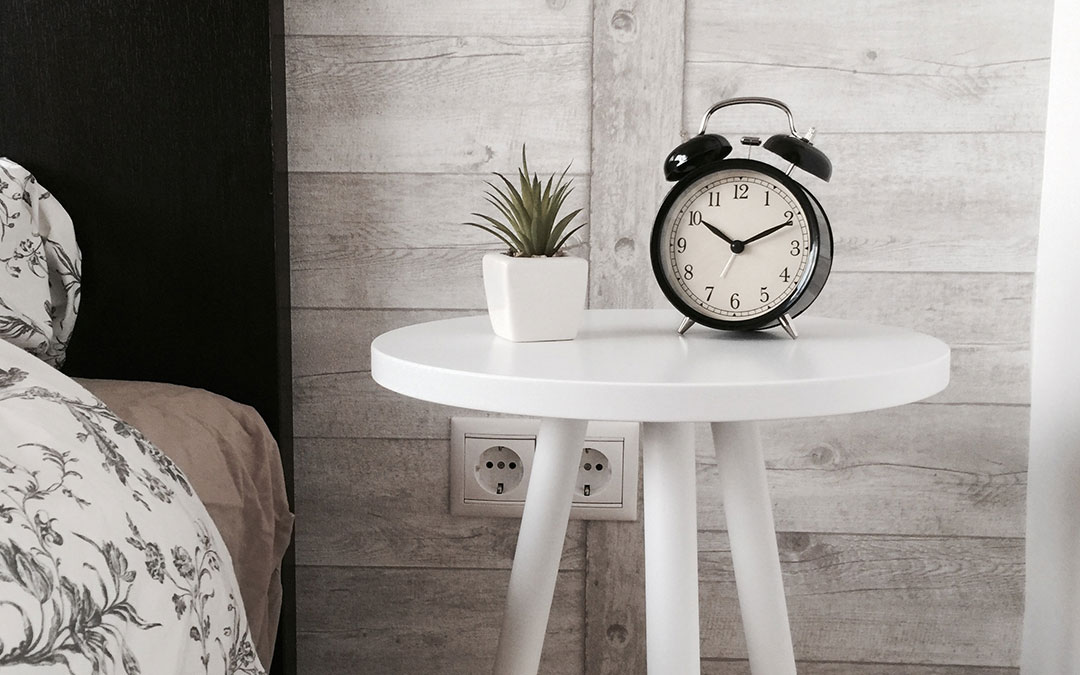Sleep Series-Sleep Mechanisms
By: Samantha deCastro
We have two things within us that help direct our sleep. First is circadian rhythms, second is sleep-wake homeostasis
Circadian rhythms isn't just about sleep, it directs many different functions of the body. The rhythm itself is controlled by your biological clock, which is based on a 24 hour day. The rhythm impacts your sleepiness at night, and your wakefulness in the morning. It is also impacted by our environment, so things like light exposure and the temperature of the bedroom can impact our sleep.
Sleep-wake homeostasis basically tracks sleep need. The drive to sleep increases every hour you are awake, and will increase the intensity of your sleep when you do finally lay your head down. This system is more impacted by things like light, medications, conditions and the other things we discussed in our first article.
When both or either of these mechanisms get thrown off, you can have difficulty sleeping. People who work night shifts, or those of us who travel across different time zones mess with these mechanisms because of the environment and timing, and therefore, out sleep gets thrown out of sync.
